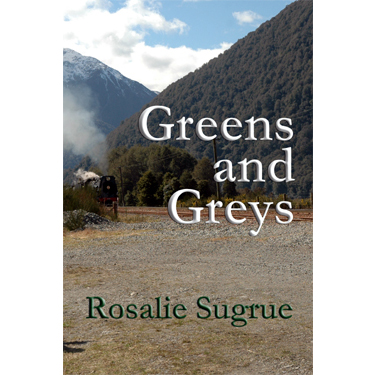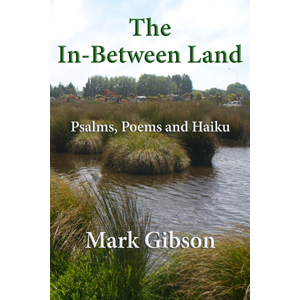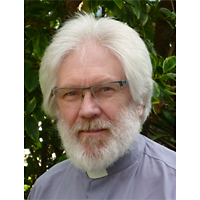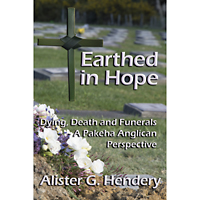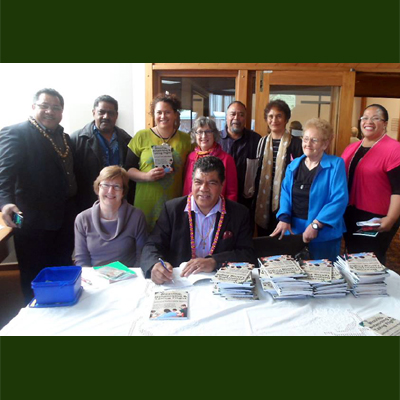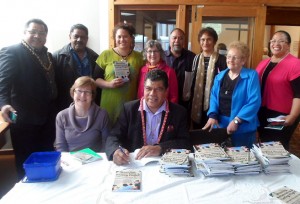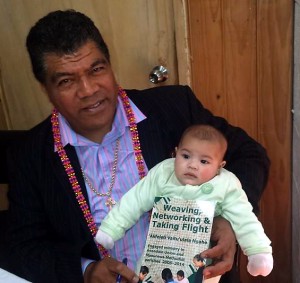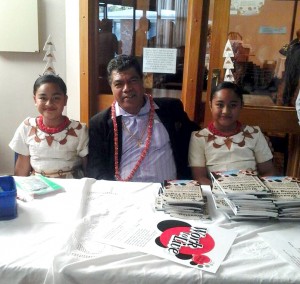Here is what two readers have said about Rosalie’s enthralling new novel:
“Molly’s story will take you through experiences spiritual and sexual seldom talked about openly, but so often struggled with in silence. The skilful and insightful choice of words – both descriptive and sometimes disturbing – creates images and recalls memories for people of all ages. This book is engaging, informative, entertaining and challenging.” Rev Loyal Gibson
“Thank you Rosalie for your passion for social justice. This book challenges us to think about complex issues that unfortunately are still very real today. It is thought-provoking and an ideal book for group discussion and dialogue. Each chapter brings to life questions and a reality we sometimes would rather avoid for fear of the unknown. We all have a responsibility to care and make a stand for life.”
Mataiva D. Robertson: Social Issues Convenor for Sinoti Samoa, Methodist Church of New Zealand

